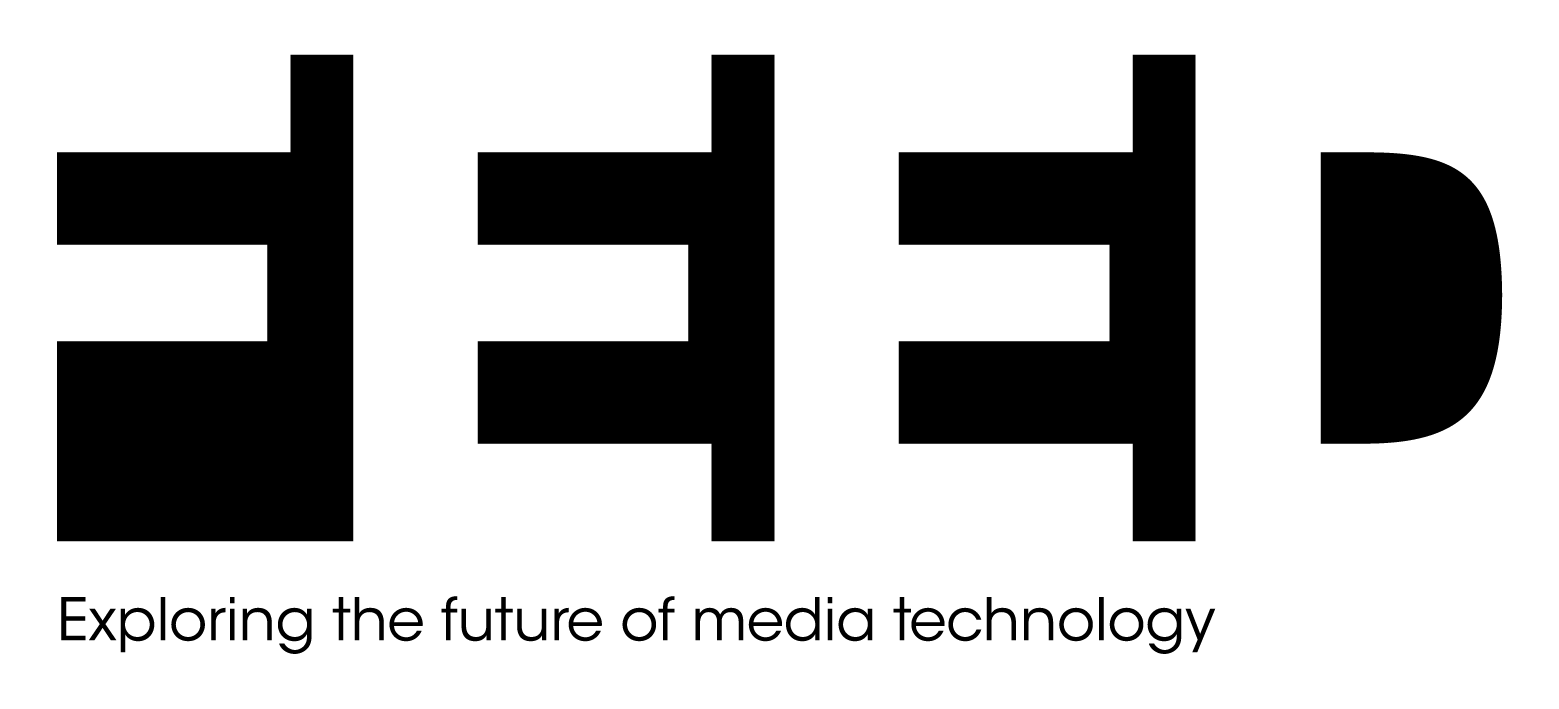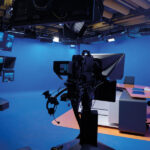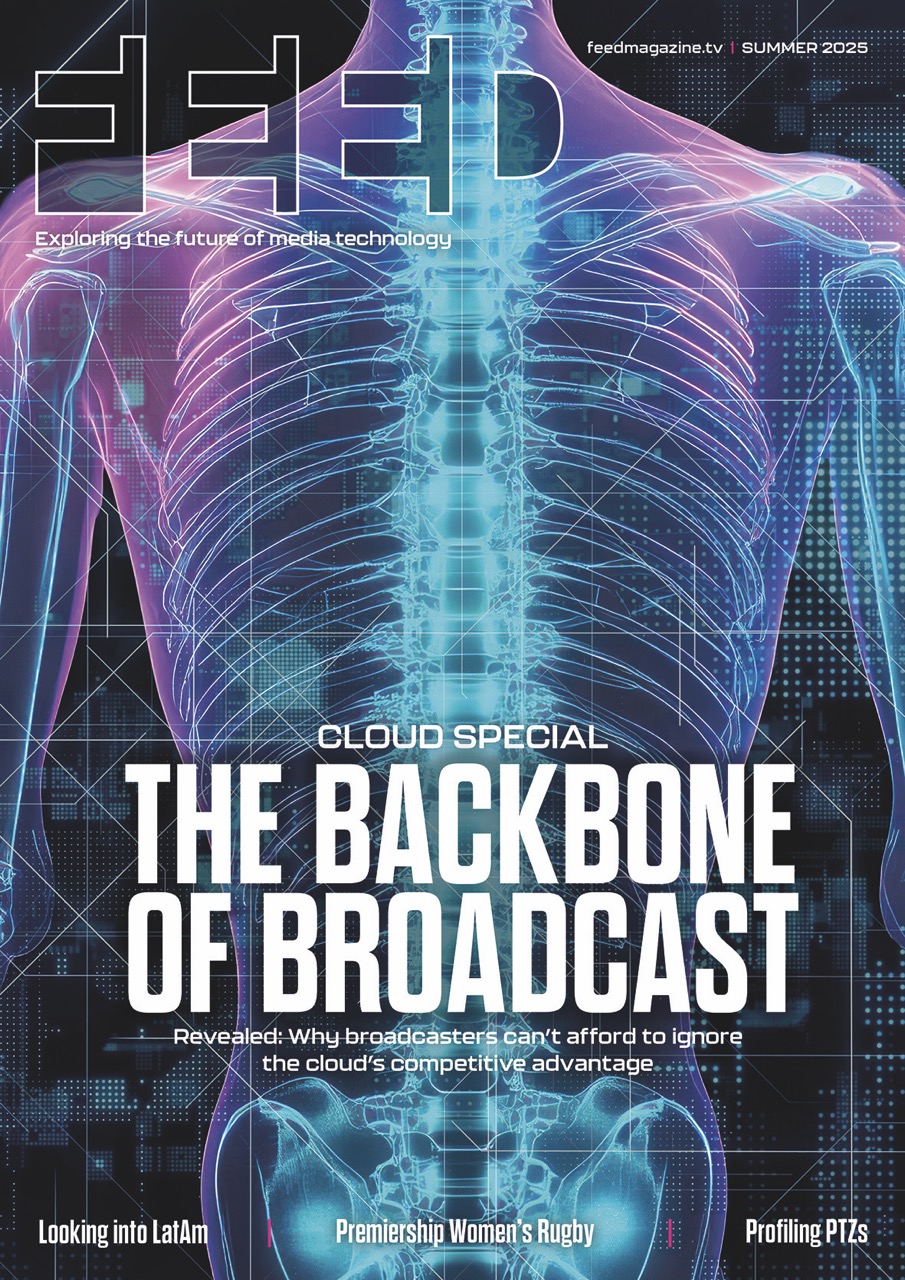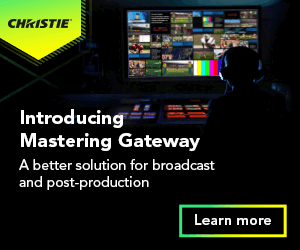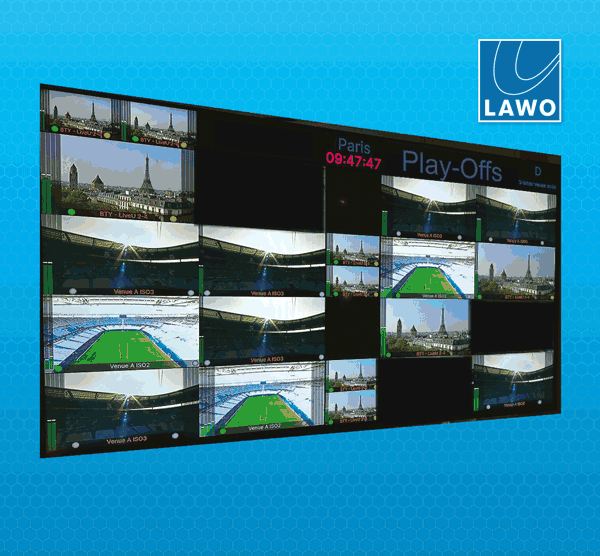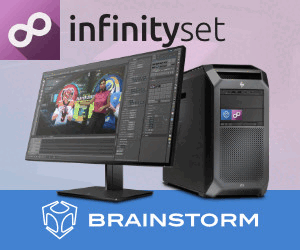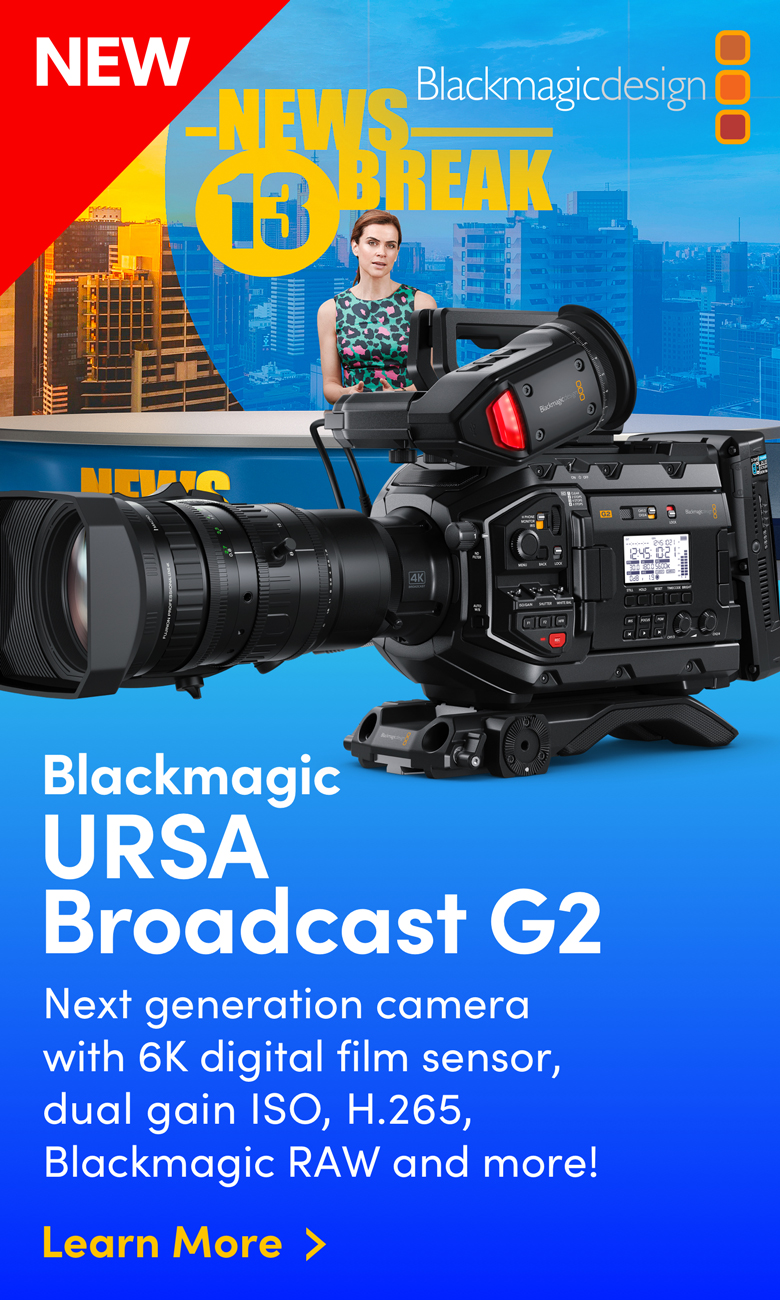In Control

Posted on Dec 27, 2023 by FEED Staff
TSL takes a customer-first approach, enabling flexible, hybrid workflows as ‘on- and off-prem’ options expand
Sponsored editorial
Champions of audio, control and power, TSL is firing on all cylinders. In a new era of remote production, hybrid workflows are increasingly commonplace. Companies that can support this approach will undoubtedly succeed – that’s why TSL has a flexible ‘applications-based focus’, according to Ian Godfrey, TSL US president and head of Control Solutions.
“Control in the broadcast space is complicated – it’s convoluted,” explains Godfrey. “What we do is make everything work as smoothly as possible for our customers and their preferred workflows. We have a lot of integration with third-party devices and systems where we provide the front-end – the UIs, as well as the ‘glue’ between them.”
Godfrey recognises the user need for flexibility and choice. “Our customers are moving their operations to different locations. Some are going to the cloud, some to software – sometimes customers’ operations are remote,” he says. The cloud is such a trendy topic, it’s easy to overlook on-premises operation – or forget it exists altogether. “You’ll always have a camera on-prem, so you’ll need operators on-prem,” Godfrey points out. “Where on-prem actually is changing, is that it used to be in the studio, at the broadcast facility, the stadium. Now, on-prem might be somebody’s house.”
EASY OPERATION
TSL works with a range of clients, such as news and sports broadcasters. “For example, a large US broadcast network is spinning up FAST channels in the cloud,” reports Godfrey. “For these channels, we’re putting in the markers for where ad insertion needs to happen, as well as providing on-air tally indicators and operator control from the on-prem facility, but all processing happens in the cloud.”
Broadcasting – especially for sports – requires multiple lines of communication. Information must travel from the pitch, court or rink to the control room, then to the operators. If that information moves slowly or gets muddled, broadcasters can make simple yet avoidable mistakes. “Take a major US sports league we work with for example. What they were having trouble with was regularly going to an ad break when the action was still happening, not when there was a time-out or during intermission,” recounts Godfrey.
The solution? “They put our control panels in every arena that hosts the sport. They now have an operator deciding, ‘now is a good time to go to break’ or ‘now is not a good time to go to break’,” explains Godfrey. “Everyone downstream gets that signal, and they can make decisions based on what the person at the arena is seeing.”
ANY APPLICATION
Godfrey reiterates the importance of TSL’s ‘applications approach’. “We’re helping our customers solve problems and make their workflows happen the way they need, where they need. We can deploy in the cloud, on-prem, virtually on-prem – or we can sell a hardware appliance or any combination thereof.” TSL aims to make the user experience as pleasant as possible. “We’re meeting our customers where they need to be and continuing to work with them – to enhance workflows and improve productivity and sustainability,” describes Godfrey. “We’re trying to make workflows consistent, efficient and high-quality.”
More information: tslproducts.com
Originally published in the Winter 2023 issue of FEED.
